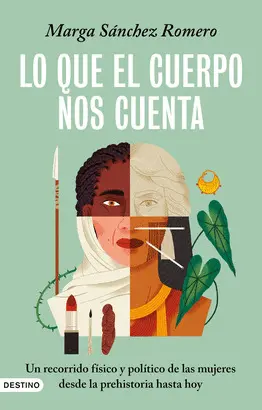- Editorial:
- HAU
- Año de edición:
- 2022
- Materia:
- Arqueología y Antropología
- ISBN:
- 978-1-912808-64-9
- Páginas:
- 250
ETHICS OR THE RIGHT THING?
CORRUPTION AND CARE IN THE AGE OF GOOD GOVERNANCE
SYLVIA TIDEY
u003cbu003eA sympathetic examination of the failure of anti-corruption efforts in contemporary Indonesia. u003c/bu003eu003cbru003e u003cbru003e Combining ethnographic fieldwork in the city of Kupang with an acute historical sensibility, Sylvia Tidey shows how good governance initiatives paradoxically perpetuate civil service corruption while also facilitating the emergence of new forms of it. Importing critical insights from the anthropology of ethics to the burgeoning anthropology of corruption, Tidey exposes enduring developmentalist fallacies that treat corruption as endemic to non-Western subjects. In practice, it is often indistinguishable from the ethics of care and exchange, as Indonesian civil servants make worthwhile lives for themselves and their families. This book will be a vital text for anthropologists and other social scientists, particularly scholars of global studies, development studies, and Southeast Asia.








